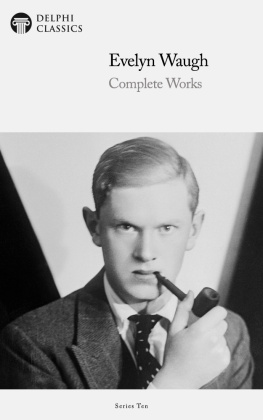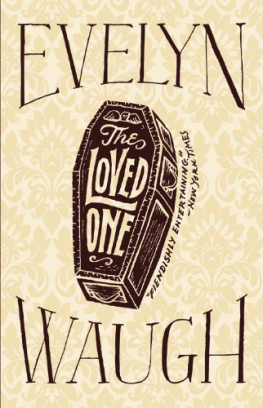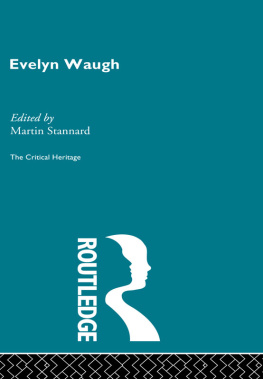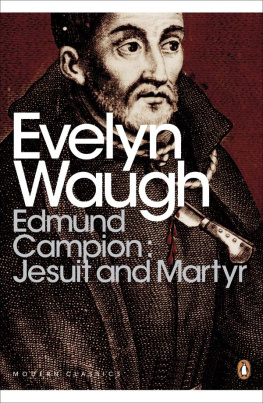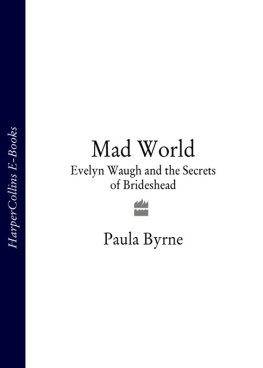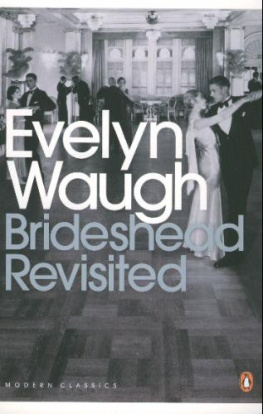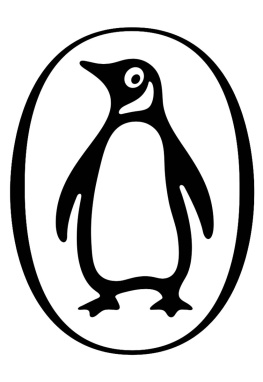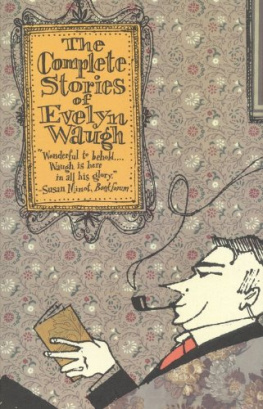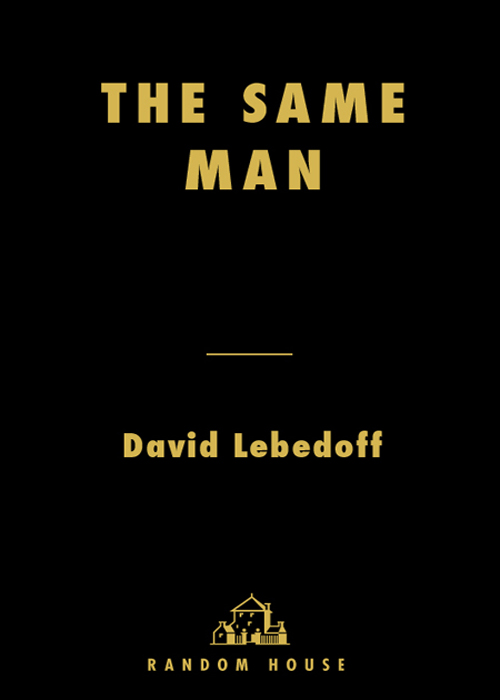
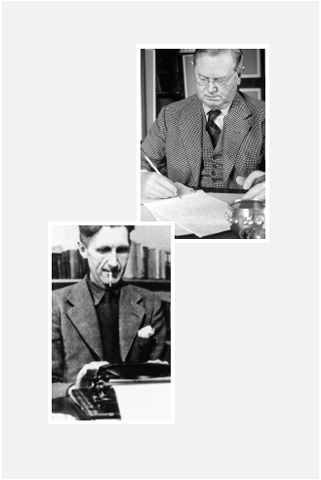
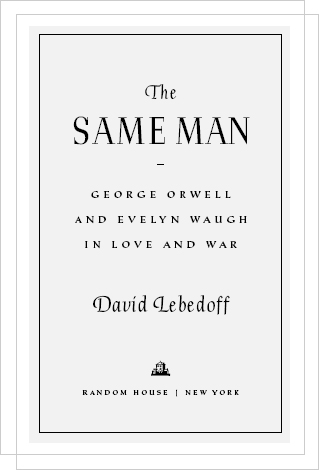
CONTENTS

For
HAROLD W. CHASE
19221982
PROLOGUE

O N A CLOUDLESS NIGHT IN JUNE 1930, AT THE HEIGHT OF a brilliant London season, the Duke and Duchess of Marlborough were giving a dinner party at their splendid house in town. At the revels of younger hosts, the lilt of Gershwin would reach out into the cobbled streets to lure any stragglers inside.
But not at this party. No saxophones for the Marlboroughs. Here, the guests were the entertainment, a reliable mixture of ancient rank and current fame. Across the street a small crowd felt itself fortunate to be allowed to watch the swells arrive.
One of those for whom the great door opened was a famous author, though only twenty-six years old. He was short, but carried himself like a guardsman as he strode through the entry hall. Robust, florid, and compact, he owed his attractiveness to fine features and personal magnetism. All the men present were in white tie, but small tweaks of taste were tolerated, and the elegant young author received glances of approval as he made his way upstream.
He was Evelyn Waugh, and he had written two successful comic novels; the second, Vile Bodies, was the talk of the town, the town inhabited largely by the sort of people who were gathered at the Marlboroughs that evening.
Waugh was in the habit of keeping a diary, much of which was carefully devoted to recording precisely this type of event. So we know today how his evening proceeded. He was seated at dinner next to Edith Sitwell, another writer, less in vogue at the moment but with a noble pedigree.
During the course of the evening she was approached by the opera star Nellie Melba, who gushed, I read your books, Miss Sitwell.
If it comes to that, Dame Melba [sic], I have heard you sing, replied Sitwell, who was to become a dame herself. It was that kind of party.
And all its glitter went into the diary: There were two ambassadors and about forty hard-faced middle-aged peers and peeresses. The Duchess very battered with fine diamonds. The Duke wearing the Garter: also a vast silk turban over bandaged eyes from which his little hook nose protruded. When I left, the Duchess said, Oh, you are like Marlborough. He has such a mundane mind. He will go to any party for which he is sent a printed invitation.
Right she was. The young author then went on to another party, which ended up in the diary, too.
Others might have taken the duchesss comments as unflattering, but the diarist was careful to preserve them, because they put him on equal footing with a duke.
For Evelyn Waugh, the toast of the hosts who mattered, this had been a typical evening in a typical week. The following day he recorded he had Lunched at the Ritz. Met Noel Coward. All the pages of the diary were filled with glittering names and placesLady Cunard, Randolph Churchill (who threw a cocktail in Wandas face), Nancy Mitford, Cecil Beaton, Diana Guinness, Lord Birkenhead, Lady Ponsonby, Sophie Tucker (!), Lord David Cecil, Harold Nicholson, and on and on. A picnic: Diana Cavendish, three Cecil boys and two Ormsby-Gore children. The party at tea was Lady Oxford, Lady Clifford, Lady Russell, John Buchan and the Prime Minister. Waughs diary wasnt so much a record as a scorecard. It was a list of each goal made. Through these notations he was assuring posterity and himself that he had become just who he had wanted to be.
It had not been easy to join up with these gods. His new life did not reflect his origins. He had soared on wings of will.
ON THAT SAME BALMY NIGHT in June of 1930, while Waugh was amusing the duchess, a young man of the same age but very different appearance, Eric Blair, was working alone in a small, shabby room in the working-class section of Leeds, a manufacturing city in the north. He was the unwelcome guest of his brother-in-law, who regarded this lodger as a penniless failure with no job and no future.
This opinion was shared by almost everyone acquainted with Blair. It was a relatively small group but one that included several experts on failure; they had learned about it firsthand. Blair looked, and often smelled, like a tramp, because he was one. He, however, made the distinction that he wasnt really a tramp, but only chose to be among tramps to free himself from class prejudices about poverty and dirt. He put it this way: When you have shared a bed with a tramp and drunk tea out of the same snuff-tin, you feel that you have seen the worst and the worst has no terrors for you.
In pursuit of this freedom from class prejudice, he would dress in rags and disappear for days or weeksnot just to the slums of London but to towns throughout the countryside. Then he would return to his parents small house or the apartment of a friend. He had no home of his own.
This was why he was staying with his brother-in-law in Leeds. He couldnt remain on the road forever. He needed peace and quiet. He was writing a book.
He was writing a book about restaurants in France, but it was no tourist guide. In fact, it probably made its readers want to eat at home. It was the tale of Blairs labors during the previous two years in the filthy commercial kitchens of Paris, cleaning the dishes of rich diners on the other side of the swinging door. This was not the same as tramping to learn tolerance. It was hard work amid dirt and slops and noise to earn enough to stay alive. Blairs proposed book was the angry memory of a sick and hungry man scraping the leavings of the rich. He wanted to write about how the very poorest lived.
So now, every evening in Leeds, he would finish supper with his sister and her husband, go up to his small room, and type away throughout the night. (The clattering must have driven his brother-in-law mad.) He worked and worked to get the words right. His progress was difficult and slow.
Blair thought of himself as a writer, though he had little evidence to support that. Though the same age as Waugh, he had yet to produce a book. He had attempted fiction and finished a few articles, but almost all of them were rejected. One of the few he managed to publish, in a small London magazine, just about the time of the Marlborough dinner party, was a review of Edith Sitwells book on Alexander Pope. He praised her work but years later was still trying to find a way actually to meet Waughs renowned dinner partner.
The grim typist in the attic struggling to find an audience and the celebrated author laughing amid the lords of the land could not have seemed less alike. Waugh was hard and funny and elegant, while Blair seemed soft and quiet and shabby. Each had staked out opposite ends of the social ladder and already looked their parts. One resembled the embodiment of privilege, and the other its emaciated foe. Even their heights were a contrast; Blair was six foot three and Waugh just barely five foot six.
They would always lead completely different lives. But they both would devote those lives to writing. And though they wrote for different readers and in different voices, they left us a shared vision of their own time, and ours.
Today, George Orwells essays and some of his novels and Waughs body of fiction are considered masterworks. It is easy now to claim these authors as the literary giants of their time. And both of them hated, really hated, that timethe twentieth century, from the First through the Second World Warand what they knew was sure to follow it.
Next page

